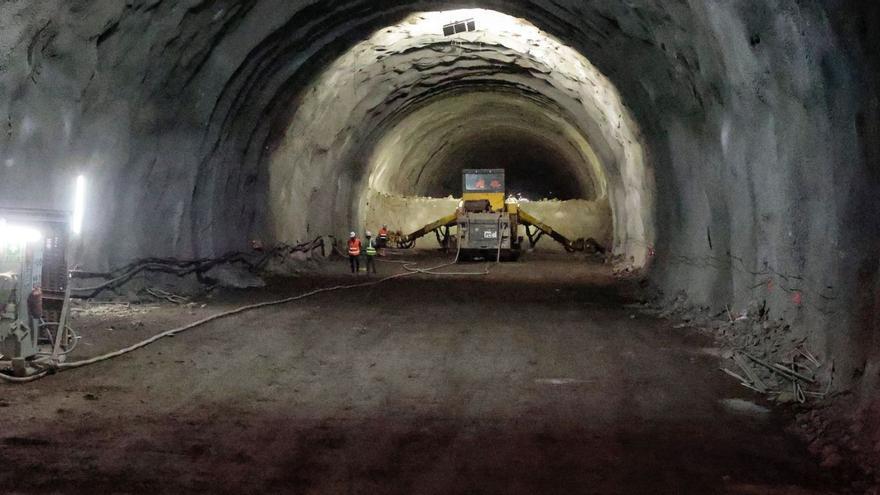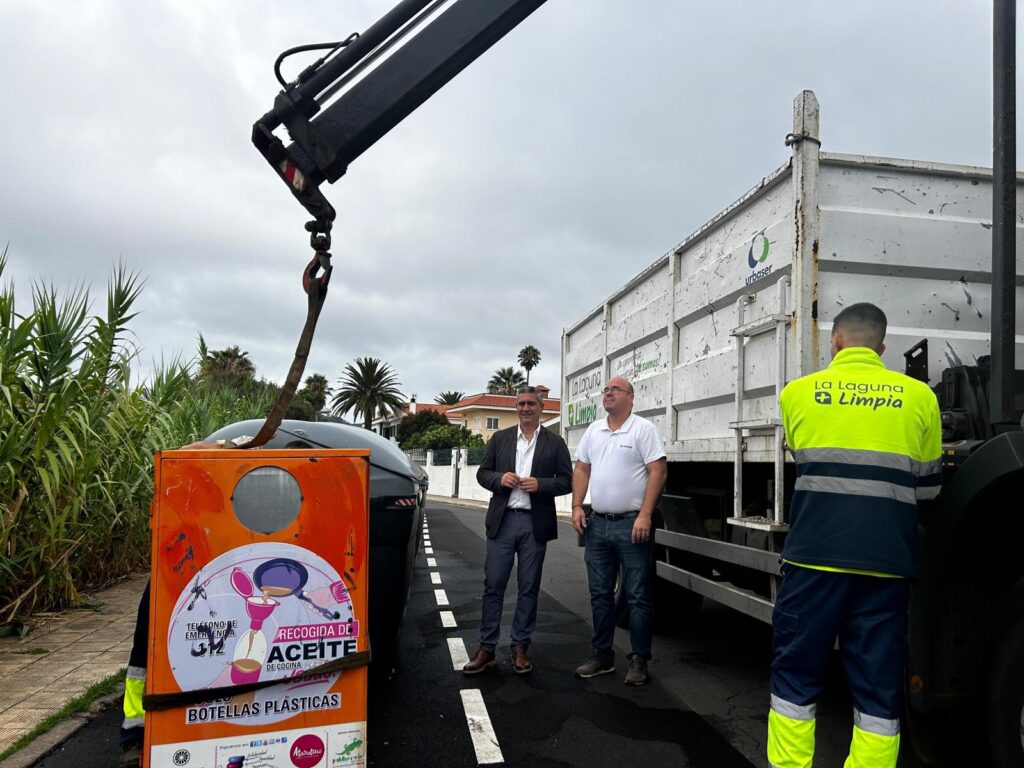
The price adjustment of the Insular Ring project between Santiago del Teide and El Tanque increases by €7.2 million in Euros the current budget for the construction. The Government of the Canary Islands authorized on Monday the additional expenditure of €7,193,718 to face the revision of the costs of this road, which now has a budget exceeding €263.5 million.
The regional government reports that this amount of nearly €7.2 million must pass the prior verification process, as it exceeds three million Euros. The expenditure will cover the increased costs of materials and labour during the execution of the planned work, which started on November 25, 2019.
The Government Council authorized, on November 29, 2022, an expense of €3,762,771 for the price review of the works carried out between November 2021 and April 2022. By February 2023, the price adjustment had already reached €15 million, and the completion deadline for the project was extended to March 2025.
The project, which has now exceeded 56% of its total execution, consists of building 11.3 kilometers that will connect the Southern section of the Insular Ring (Adeje-Santiago del Teide) with the Northern side (Icod de Los Vinos-El Tanque). It includes the Erjos Tunnel, an underground structure consisting of two parallel tubes, each 5.1 kilometers long, running under the Teno Massif. It is the longest in Canary Islands and the second longest in Spain. The drilling of the first portal took place on June 26, 2023, and the second on November 2 of the same year.
One of the aspects pending correction in relation to the original and ongoing project is to design and build a second lane in each direction on the section not within the tunnel, as the current construction project includes a single roadway 3.50 meters wide in open terrain. With the four operational lanes, Public Works envisages that by 2025, the motorway section between Santiago del Teide and El Tanque will have a daily traffic flow of 17,000 vehicles, significantly higher than the initially estimated 5,000 vehicles. Over a decade, the projection is that it will reach 30,000 vehicles per day. The time saved for users travelling from North to South will be 20 minutes in smooth traffic.















